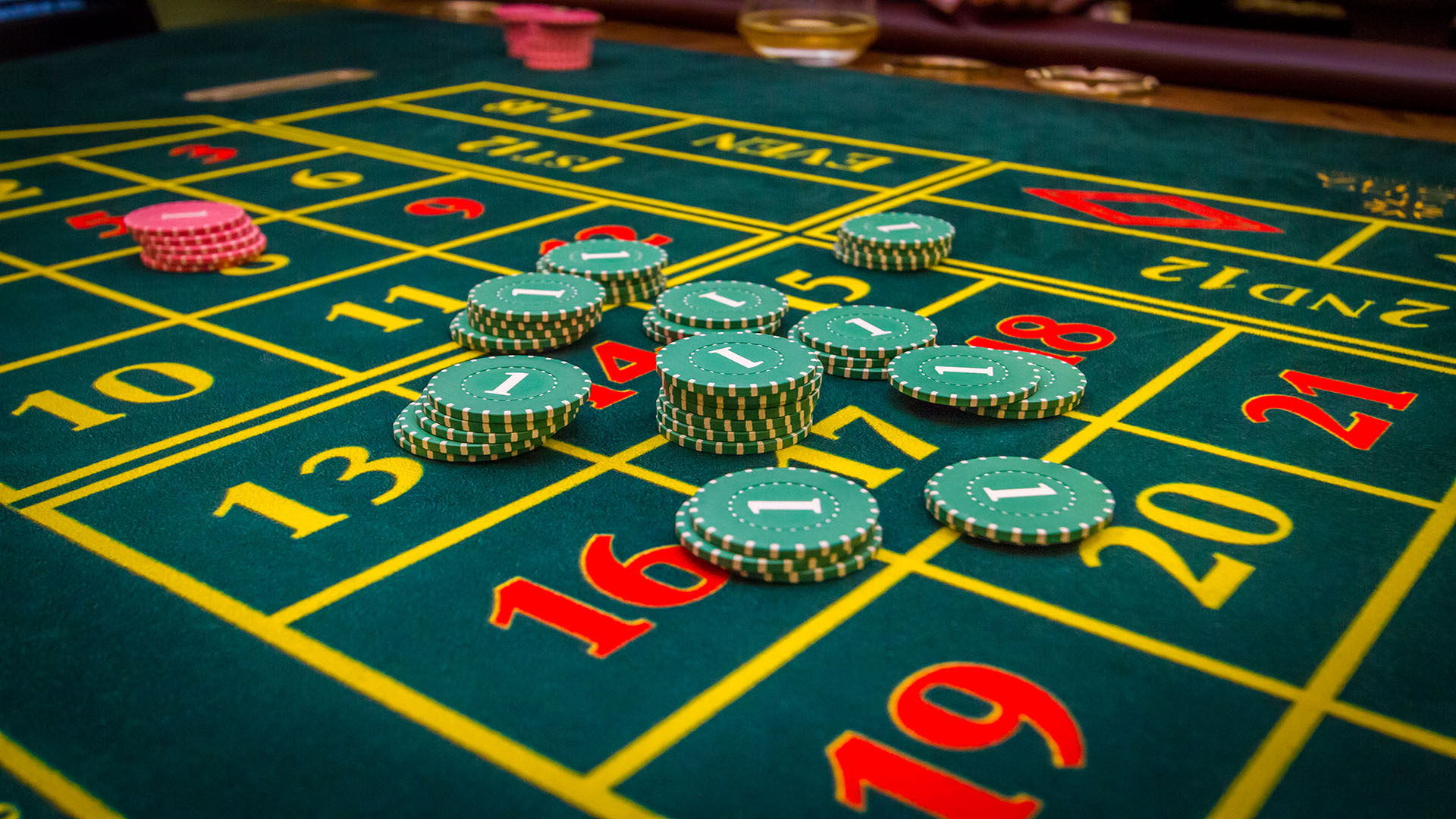
Casino games have long been an integral part of human culture, delivering not just entertainment but a fascinating reflection of our aspirations, dreams, and concerns. From the spinning reels of a slot machine to the tactical play of poker, these games encapsulate a spectrum of human sentiments and experiences. At their core, casino games are more than a chance to win money; they are a microcosm of life itself, where risk and reward converge and luck can change in an moment.
As players convene around tables or sit in front of glowing machines, they participate in a tradition that transcends mere betting. These games mirror our natural desires for social interaction, thrill, and the search for fortune. They also reveal deeper truths about human nature, such as our relationship with chance and the excitement of risk. In exploring casino games, we uncover not only the rules of play but also the complex weave of the human story, showcasing our interconnected narratives of aspiration and reality.
The Mind Behind Gambling
Wagering is deeply rooted in human psychology, appealing to various emotions and wants. The excitement of taking risks is a fundamental aspect that attracts participants, be it the excitement of spinning a roulette wheel or the excitement of drawing a winning hand in a poker game. This rush of adrenaline is often compared to other forms of thrill, as the unpredictability of outcomes triggers a unique psychological response. Gamblers often become entranced by the possibility of winning big, leading to an irresistible draw toward casino games.
Additionally, a crucial component of the psychology behind gambling is the concept of optimism and aspiration. Players often nourish dreams of financial freedom and the opulent lifestyle that can follow winning. https://five88ord.com This optimism fuels their ongoing participation in gambling, as it provides a sense of meaning and the belief that a life-changing win could be just one bet away. The narrative of beating the odds and finding success resonates with many, reinforcing their dedication to play and engage with these games.
Lastly, social dynamics play a crucial role in gambling psychology. Gambling venues are designed to promote social interaction, where players gather to share the journey of wins and losses. This shared aspect not only amplifies enjoyment but also influences behavior, as individuals often mimic the actions of others around them. The social validation found in mutual thrill can enhance the emotional experience, making casino games a mirror of not just personal desires but also collective engagement within the gaming community.
## The Dual Nature of Risk and Reward
Gambling games embody the delicate balance between danger and gain that resonates deeply with human nature. The rush of placing a wager is often accompanied by a rush of adrenaline, as players are confronted with the prospect of winning big, yet cognizant of the risk to lose. This dual experience reflects a core aspect of life: the paths we choose often come with intrinsic risks, and the quest for benefit can push us to embrace risks we might not normally consider. In this way, casino games mirror real-world decisions, enticing gamblers to risk not just their capital, but also their dreams.
The allure of big prizes and winnings fuels a sense of optimism, inspiring gamblers to dream of a better future that could manifest from a fortunate turn of the roulette or turn of a card. This optimism can motivate individuals to engage in riskier behaviors, pushing them to take greater risks in search of monetary success. However, just as in life, the results of these risks can lead to both victory and failure. The stories of both jackpot winners and those who have faced losses everything at the casino demonstrate the chaotic nature of luck and its impactful effect on our lives.
Ultimately, the experience of engaging with casino games serves as a vivid illustration of the human condition. Every round played is loaded with the tension of risk, as gamblers weigh the gains against the risks. This dynamic not only highlights the excitement that comes with betting but also unveils the weaknesses that come with the urge for more. As we explore the challenges of decision-making and results in both the gambling world and in life, we find that the pursuit of risk and reward shapes our identities and journeys in deep ways.
Culture and Solitude in Gambling Culture
Casino environment is a special blend of communal engagement and personal endeavor, reflecting the dualities of individual experience. Players often come together around tables, sharing in the excitement of the game, celebrating wins, and commiserating over losses. This social aspect is vital, as it establishes a sense of community and camaraderie among diverse groups of people. Regular visitors to casinos may form friendships and establish routines, turning the casino into a alternative home where they feel linked to a larger community of players.
However, the attraction of casino games can also lead to isolation. As individuals become immersed in the thrill of playing, they may isolate from personal connections or neglect to interact with the world outside the gaming space. For some, the search of a windfall can distract from real relationships, leading to isolation. The situation of being among others yet feeling solitary is not rare, as the focus shifts from shared enjoyment to the private stakes of each player’s path.
This interaction of society and isolation creates a rich tapestry that defines casino culture. It highlights the complexity of human interactions, where happiness and despair coexist. Casinos serve as both a sanctuary for social interaction and a platform for individual struggles, demonstrating how deeply connected our desire for companionship and the individual quest for wealth can be. In navigating this landscape, players confront their own stories—seeking both the thrill of the wager and the fellowship of fellow players, ultimately reflecting the wider spectrum of individual experience.
